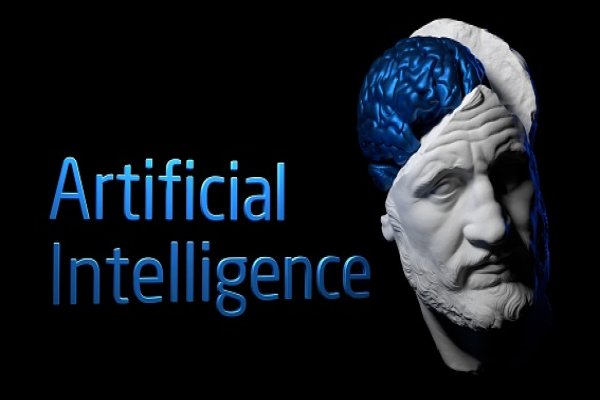The world is the cusp of another industrial revolution fueled by artificial intelligence (AI) technology. While AI promises to bring many benefits, including increased efficiency and productivity, there is growing concern that it will also displace millions of workers, particularly in the middle class. As AI advances, many jobs once considered safe from automation are now at risk of being replaced by machines.
For centuries, people have warned that machines are taking jobs away from humans; it started with the Luddites in the early 1800s.
In the past, technological advances have led to an increase in higher-paid jobs and a decrease in lower-paid positions. Nevertheless, with the emergence of artificial intelligence, some people believe this trend may be reversed.
Politicians know that AI will have a major disruptive effect on employment markets even if the circumstances are ideal. However, they are deluding themselves if they believe there is much time to devise an appropriate response.
At the recent World Economic Forum in Davos, Mihir Shukla, a tech entrepreneur, spoke to the audience.
Mihir Shukla says:
“People keep saying AI is coming but it is already here.”
While the pandemic, inflation, and war have been occupying much of the world’s attention, there has been a rapid advancement in machine learning and robotics.
AI is being compared to the spinning jenny and the steam engine in terms of its potential to revolutionize the industry, just as it did during the 18th century. This cutting-edge technology can alter economies around the world completely.
It will take time for the transformation to occur, and as it did in earlier industrial revolutions, this process will distress those impacted; countless employees could be affected.
In the past, machines took over manual labor, leaving people to perform jobs that required cognitive abilities. However, AI developments – for example, ChatGPT – can now also handle tasks that require creativity.
ChatGPT is a system that can compose intelligent writing. When tasked with recreating Abraham Lincoln’s Gettysburg Address like Donald Trump, it will use its data to find appropriate source material and create new content.
In November 2019, the San Francisco-based research laboratory OpenAI introduced ChatGPT; in just 60 days, it had acquired 100 million users – a remarkable achievement compared to Facebook, which took two years to reach the same milestone.
Stanford University’s report indicates that AI patents have grown exponentially, at a rate of 30 times, from 2015 to 2021. Additionally, robots are becoming more accessible and technologically advanced as time goes on. Subsequently, we will witness the emergence of various new products shortly.
Historical evidence implies that profound technological modifications can pose significant difficulties for those in positions of authority. The 3 industrial revolutions before this one have all had a comparable first effect: certain jobs have become obsolete, economic inequality has heightened, and the rate of income toward labor has dropped.
AI can potentially have the same consequences, but with one crucial distinction. If not managed properly, those who possess the latest technologies will become incredibly wealthy from their inventions.
This shift will increase capital’s share of income; while some areas of the economy may experience a decrease in employment, other sectors will see growth.
This time around, it appears that white-collar, middle-class jobs are the most likely to be displaced. Meanwhile, much job growth may come from lower-paid and less secure positions. According to Shukla’s remarks at Davos, fewer people are already employed in mortgage processing activities.
The AI industrial revolution poses a significant threat to middle-class workers worldwide. While the benefits of AI are clear, the potential for widespread job displacement cannot be ignored. As machines become increasingly capable of performing complex tasks, many jobs once considered safe from automation are now at risk. This poses a major challenge for workers and policymakers as we seek to ensure a just and equitable transition to the new economy.
To address these challenges, we must focus on policies and initiatives that support affected workers, such as retraining programs and social safety nets. We must also work to create new jobs that harness the unique skills and abilities of human workers and ensure that workers have the necessary education and training to succeed in the new economy.
Source: the guardian



